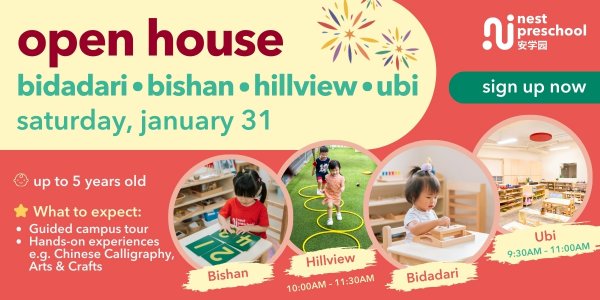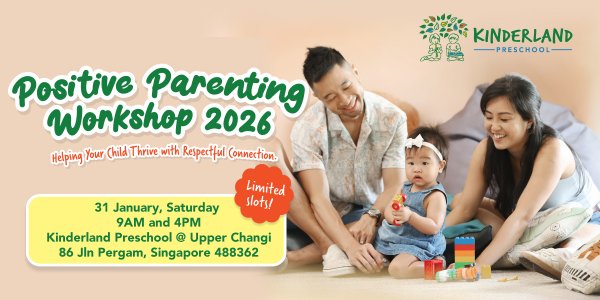Didactic over dialects
Several years ago, a friend came to our gathering looking worried. We thought something traumatic had happened. After much prompting, she revealed that her one year old had apparently uttered ‘jiak’ (meaning ‘eat’ in Hokkien) as her first word. That disturbed her overnight – that her toddler’s first word was neither English nor her Mother Tongue. We were totally amused by her over-reaction.
Two years later, my child turned one and a half. He started spouting gibberish in his own understanding and I tried to make out what he was saying. Most of his expressions weren’t clear, but one came out distinct – ‘giap’ (means to press from both sides in Hakka dialect). Ahem.
But why was I negative about it? He wasn’t hurling vulgarities; neither was he speaking some alien language.
Social Benefits
Many of us were taught to be bilingual during our school days – English and a Mother Tongue, which could be Chinese, Malay or Tamil due to the make-up of our population. Dialects were never part of our formal education. And so it seems that many in my generation have lost the interest and ability to converse in their family dialects.
In reality, such dialects were our parents’ mother tongue. However their commercial value seems to have dwindled amid urban progress. Dialect has now become a ‘heritage’ language in modern days.
Still useful as a conversation opener at times – such as chatting with the elderly, or when you travel overseas to other Asian cities like Hong Kong, Taipei and Xiamen. Those who held on to their roots and retained the ability to communicate in basic native dialect do have the upper hand when it comes to blending with a crowd.
School Curriculum
Despite the cosmopolitan nature of modern society, it is unlikely that parents would approve of local schools teaching dialects to their children. This may be due to concerns that learning a dialect may interfere in the linguistic development of their child. The topic was debated a couple of years ago, with the conclusion by Education Minister that teaching dialects in schools might burden children in an already complicated language environment.
That being said, in cultivating good linguistic habits and mastering the perfect English and Mother Tongue, the focus should be on developing the two, and not trying to eliminate a third. After all, the brain is not biologically set to learn only one language. In fact, it is far easier for one to master a third language in childhood compared to doing so in adulthood. Well, dialect is in reality the less recognised cousin of the formal languages.
Exposure to Multilingualism
For those who are worried that dialect may become a dominant speak for your child, an interesting assessment by Laura-Ann Petitto, renowned cognitive neuroscientist and developmental cognitive neuroscientist might offer some assurance.
She pointed out that children’s preferences for languages are set by various things outside of our biology, such as the language their friends and family speak. Children also tend to prefer a language that requires them the minimum amount of effort necessary to achieve the maximum result. This means, the child is likely to prefer one of the dominant languages in their social context (the host country, school, home etc.) if he knows that his parents understand all the languages he uses, as that would mean reaping the maximum result from minimum effort. This provides some explanation as to how we are able to master many languages at the same time and how we are able to pick up a language that is not part of our biological nature.
Now that we know the child’s preference for a dominant language is dependent on his exposure, you don’t need to be a worrywart over your child speaking dialect, as long as your child’s social environment is not dominated by it. The next time when your little one utters some dialect (and is by no means an offensive expression, of course!), don’t hiccup over it. Remember its merits and allow him to explore the heritage speak. This sidekick is harmless, as long as you continue to watch over the main protagonists in your child’s linguistic realm.






Give your Opinions